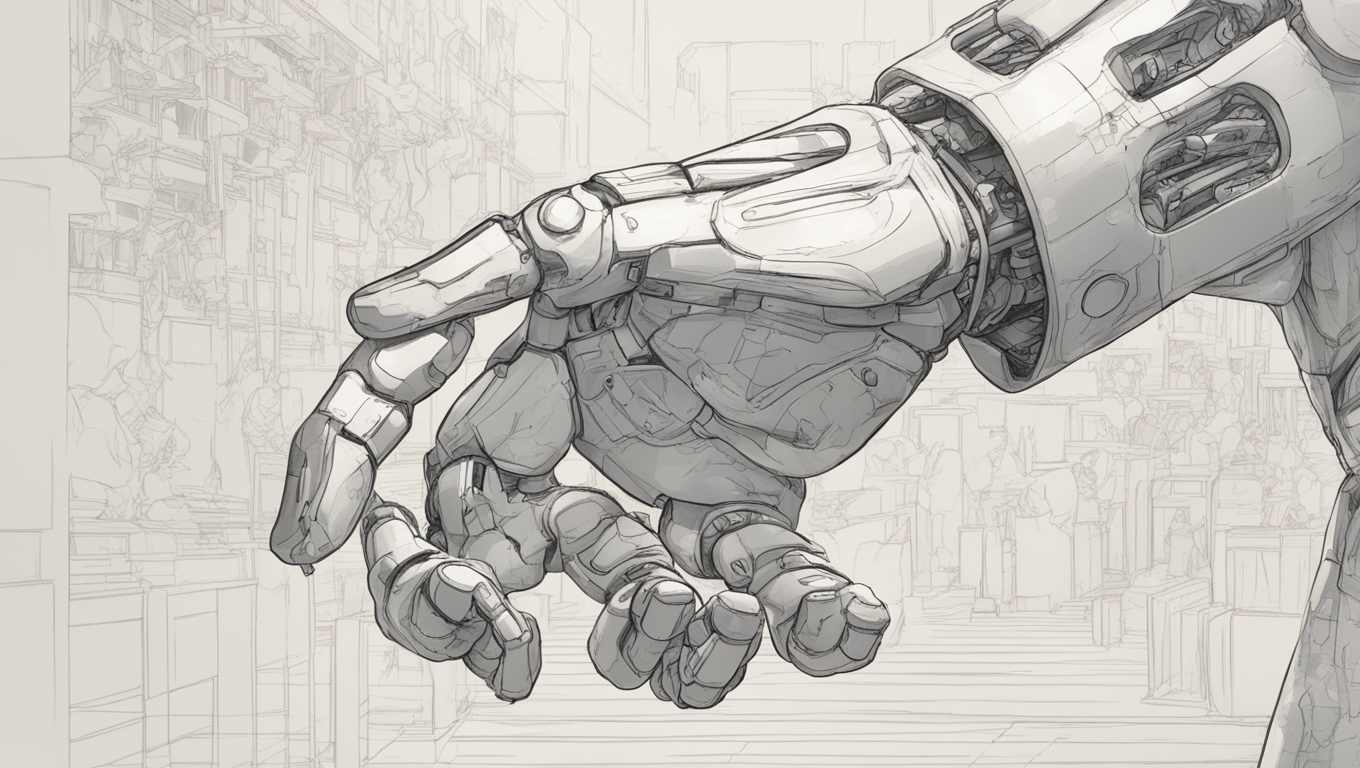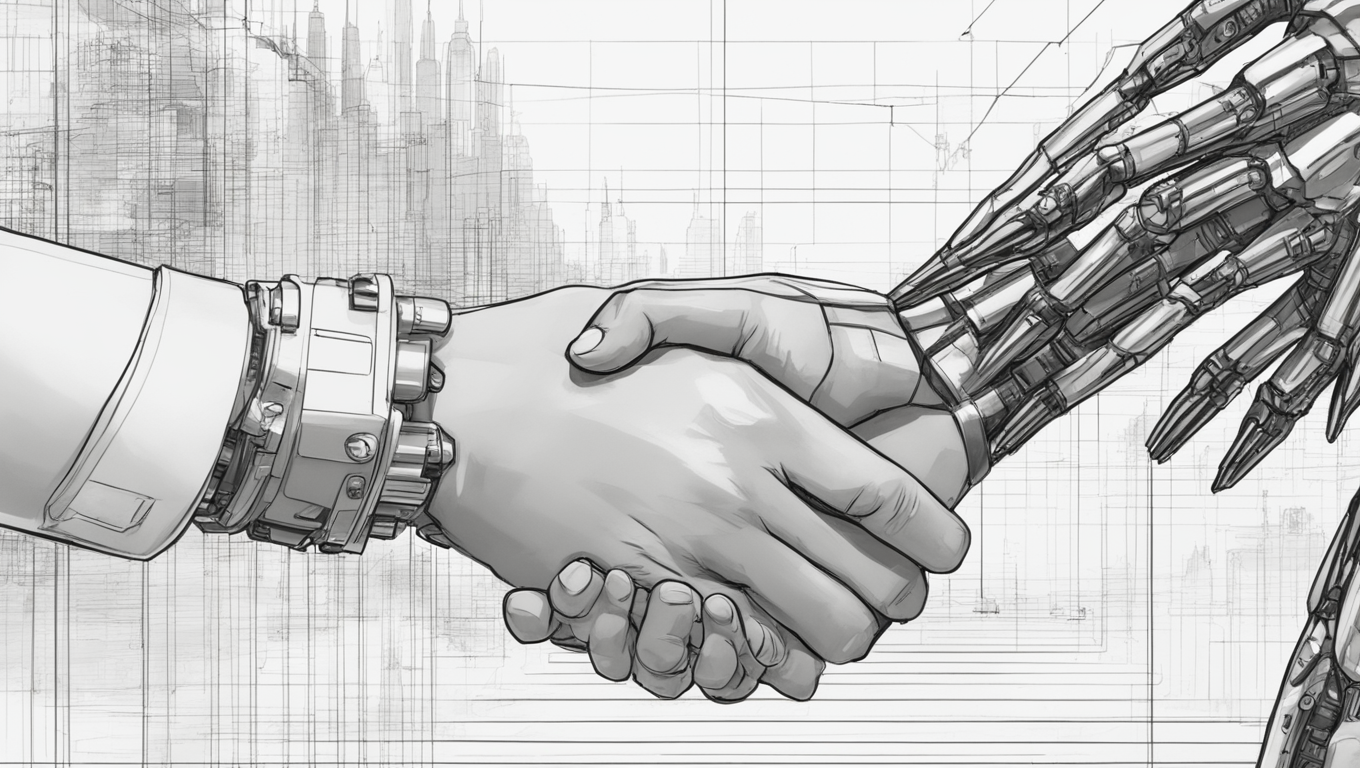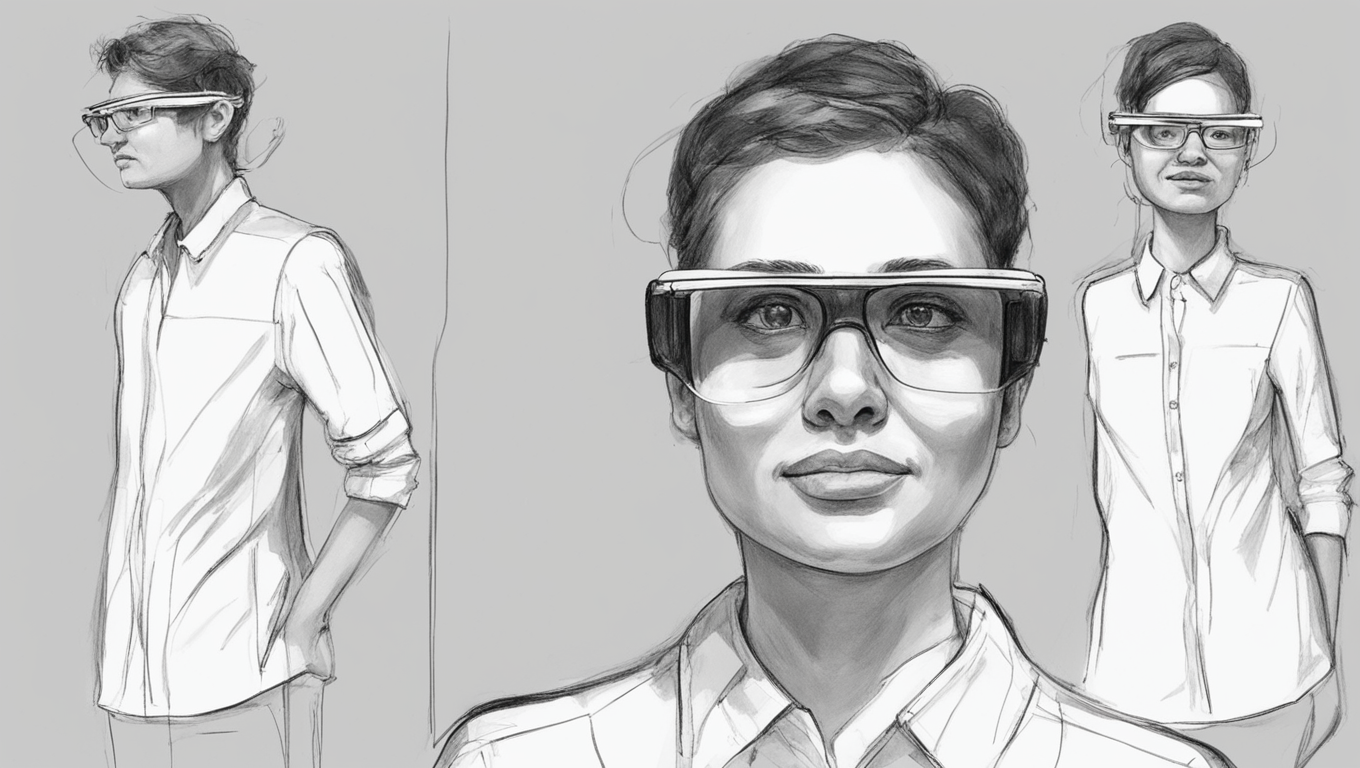In the world of artificial intelligence, the development of cutting-edge chips is a crucial race between companies and even governments. The latest news reveals how the Biden administration has allocated $285 million in funding to establish an institution focused on digital twins of semiconductors. This move aims to enhance chip manufacturing efficiency and competitiveness, particularly in comparison to key competitor China. At the same time, Apple is reportedly collaborating with Taiwan Semiconductor Manufacturing Company to develop AI chips, enabling them to utilize their own chips for AI software in data centers.
Apple has recently launched its latest iPad Pro, featuring a new chip known as the M4. This chip is specifically designed to boost the efficiency of AI applications on the device. These advancements emphasize Apple’s ongoing commitment to AI development and its goal of running AI software on its own chips.
Fei-Fei Li, a renowned computer scientist and the creator of ImageNet, is now an AI policy adviser to the Biden administration and co-director of Stanford’s Human-Centered AI Institute. Affectionately known as the “godmother of AI,” Li believes that the widespread apprehension surrounding AI is exaggerated. She urges people to stop worrying about an AI apocalypse, as she believes AI has immense potential for positive impact.
Meanwhile, Anthropic, a rival of OpenAI, focuses on the safety and security aspects of AI. Founded by former OpenAI employees Daniela and Dario Amodei, Anthropic draws inspiration from the potential harms of technologies like social media. Their AI models are specifically designed to prioritize safety and address the ethical implications that arise from AI’s rapid advancement.
Moving on to the financial sector, big banks are increasingly hiring AI talent, despite industry-wide job cuts. These institutions recognize the importance of integrating AI into their operations and are actively seeking experts in the field. Notably, French AI startup Mistral AI is expected to triple its valuation to $6 billion in just six months, demonstrating the growing influence and value of AI-driven enterprises.
However, it’s not just workplaces that are embracing the potential of AI. A recent report reveals that burnt-out workers are turning to AI for productivity assistance, despite their fears that the technology might eventually replace them. Generative artificial intelligence is being used to help overwhelmed employees improve their efficiency and combat work-related stress.
In terms of investment, both Microsoft and Elon Musk’s AI startups are making significant strides. Microsoft recently announced a $3 billion AI investment in Wisconsin, further expanding its multi-billion dollar commitment to AI development. Elon Musk’s AI rival to OpenAI is also expected to reach an astounding $18 billion valuation in its upcoming funding round. These investments highlight the continued prominence and potential of AI in today’s technology landscape.
Addressing the rising concern of deepfakes, Steg.AI co-founder Eric Wengrowski asserts that his startup is the solution to this problem. Steg.AI works closely with governments and companies to authenticate online content and combat the spread of misleading information.
In terms of AI’s future, Sam Altman, the driving force behind the current generative AI hype, envisions a world where AI serves as a “super-competent colleague.” Altman believes that AI’s true potential lies beyond its current capabilities and that its killer application will be when it becomes a reliable and highly skilled collaborator.
OpenAI, on the other hand, is focusing on addressing an urgent issue within its own technology. The organization is working to improve the identification of images generated by its own AI models, particularly those used for creating fake images. This development showcases OpenAI’s commitment to responsible AI usage and combating potential misuse of its technologies.
With AI becoming increasingly powerful, Apple’s latest iPad Pro features an “outrageously powerful chip for AI.” This new chip is set to greatly enhance the efficiency of AI applications on the device, further solidifying Apple’s dedication to AI advancements. Additionally, Apple is reportedly working on developing AI chips in collaboration with Taiwan Semiconductor Manufacturing Co., enabling them to run AI software on their own chips in data centers.
Not everyone, however, shares the same level of enthusiasm for AI’s future. A prominent Nvidia investor suggests that AI might be slightly overhyped at present. While Nvidia has experienced significant success due to the AI boom, this investor believes that a more measured perspective is necessary.
Finally, the rise of Taiwan Semiconductor Manufacturing Company (TSMC) is worth noting. TSMC is responsible for producing approximately 90% of the world’s cutting-edge logic chips. Their expertise powers a wide array of advanced electronics, including iPhones and AI models.
In conclusion, the world of AI continues to expand with new developments and investments. From the allocation of funds for digital twins of semiconductors to the integration of AI in various industries, the potential of this technology is undeniable. As AI drives innovation and shapes the future, it is crucial to navigate its complexities with responsibility and foresight.





Use the share button below if you liked it.